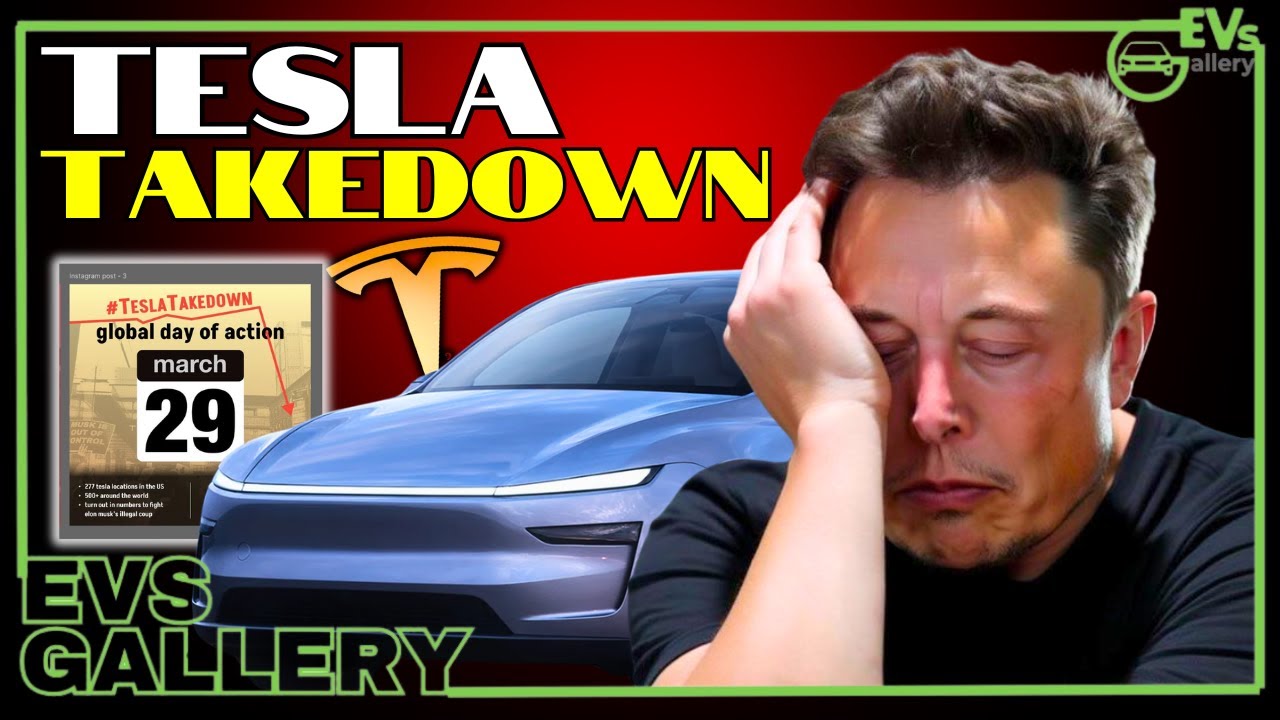Revolution on Wheels
In just over a decade, Tesla, Inc. has transformed from a niche electric vehicle manufacturer to a global powerhouse that continues to influence industries beyond automotive sectors. The company’s rise has sparked conversations not just about electric vehicles, but about the future of sustainable living, the environment, and even the economy.
A New Wave of Advocacy
With its sleek designs and technological advancements, Tesla has captured the imagination of consumers worldwide. Its cars are not just cars; they’re symbols of innovation and responsibility, drawing in not only tech-savvy millennials but also older generations looking to make eco-friendly choices.
But the impact of Tesla goes much further than its flashy electric vehicles. The company’s founder, Elon Musk, has turned his vision of sustainable energy into a rallying cry, garnering fans and critics alike. One local Tesla owner, Samira Jain, shared her thoughts: “When I bought my Tesla, it felt like I was part of something bigger. It’s not just a car; it’s a step toward a cleaner planet.”
Addressing Environmental Concerns
As the climate crisis accelerates, Tesla’s mission to curb emissions resonates with many. According to a recent survey, around 62% of Canadians believe that transitioning to electric vehicles can significantly mitigate environmental damage, and a large portion of those surveyed named Tesla as a key player in this shift.
The environmental benefits of electric vehicles, including reduced greenhouse gas emissions and lesser air pollutants, contribute to a growing societal push toward sustainable living. Communities are witnessing a rise in charging stations and support networks, fostering an ecosystem that encourages the adoption of electric vehicles.
The Socio-Economic Ripple Effect
The economic impact of Tesla extends beyond manufacturing jobs. As the company continues to expand, it drives investment into new technologies, infrastructure, and research. The construction of the Gigafactory in Nevada, for example, has generated thousands of jobs, revitalizing a local economy and stimulating development in surrounding areas.
Social media sentiment has also reflected these changes. Twitter feeds and Facebook groups are buzzing with excitement around Tesla’s innovations and the prospects of a greener future. It’s not uncommon to see online discussions juxtaposing Tesla with traditional automotive giants, highlighting the stark choice consumers now face: sustainability or status quo.
Challenges Ahead
Despite its successes, Tesla is not without challenges. Production delays, rising material costs, and negative media portrayals have tested the company’s resilience. Critics have raised their voices concerning labor practices and environmental impact associated with lithium mining.
However, supporters remain steadfast, often citing the long-term benefits of making the current sacrifices. “The path isn’t easy, but innovation rarely is,” noted environmental activist Tara Jens, “Tesla is still breaking ground, and every bump along the way is just part of the journey.”
Conclusion: A Road to the Future
As Tesla continues to pave the way for electric vehicles and sustainable energy solutions, the effects of its innovations are becoming increasingly evident. From individual choices to larger conversations about climate change, the ripple effects of this company are felt far beyond the highways. The human aspect of Tesla—a blending of aspiration, responsibility, and community—offers hope that a cleaner, more sustainable future is attainable.

